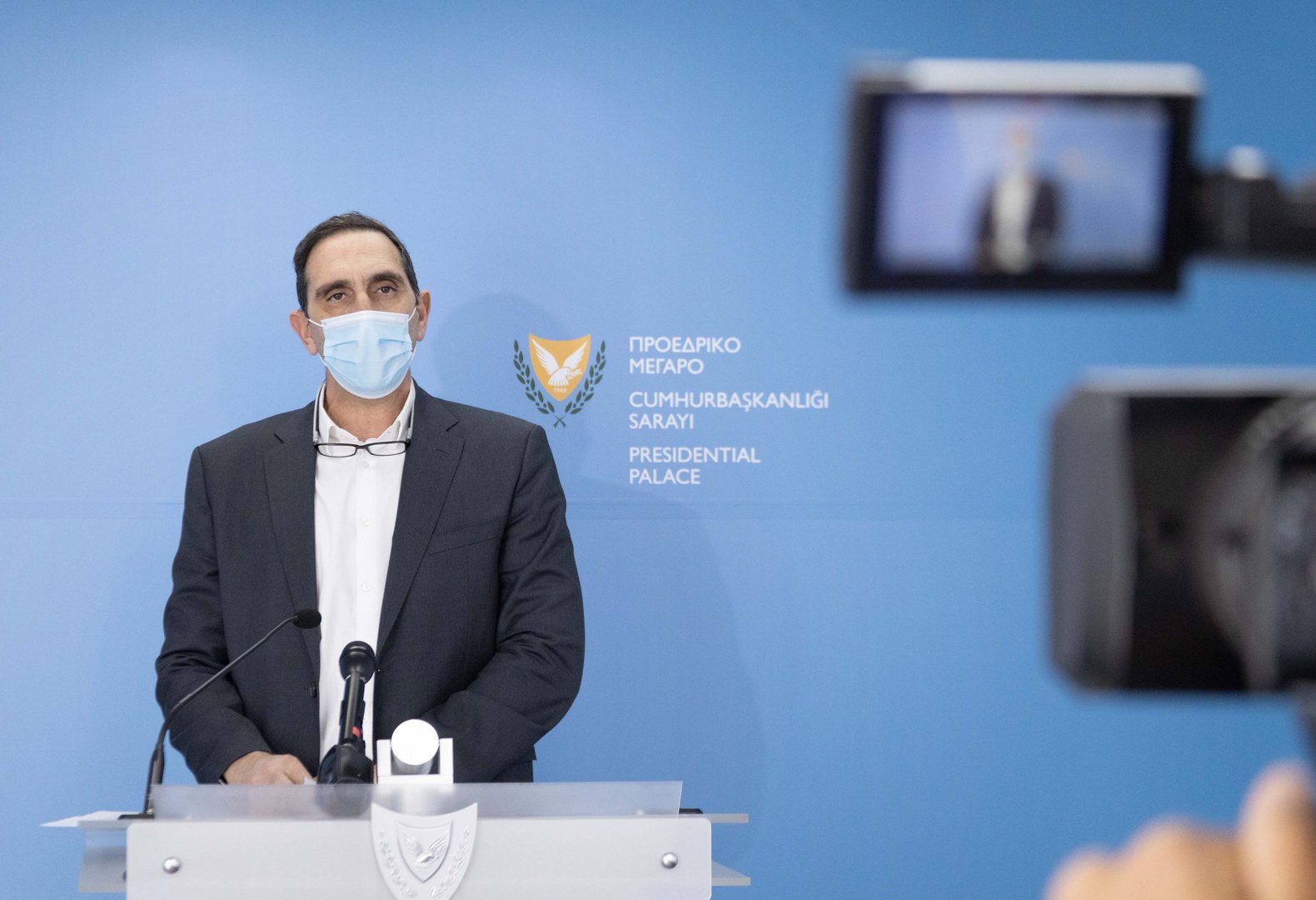We have the parliamentary elections in a fortnight’s time to thank for the lifting of more pandemic-related restrictions from Monday. The decision came out of the blue – like the announcement of the two-week lockdown in April – only eight days after the government had announced the opening up of the economy and a general relaxation of measures, reinforcing the long-held view that policy making is slapdash and whimsical.
The SafePass that came into force last Monday and was mandatory almost wherever we went, including outdoor areas of bars and restaurants, was toned down on Friday to being necessary only at places indoors where large numbers of people gather, except supermarkets which have always been treated as covid-free zones. The start of the curfew is also being pushed back from 11pm to midnight, presumably because the epidemiological data justified giving people another hour of freedom.
There can be little doubt that the latest decisions were taken with the elections in mind. Businesses, especially in the hospitality sector, were still complaining after the first batch of relaxations and in particular about the introduction of the repressive SafePass without which people could not visit, cafes, bars or restaurants. The need for this pass forced tens of thousands of unvaccinated people to queue in the blistering heat every day in order to have a rapid test that would give them a SafePass for three days.
The complaints and protests built up and the political parties, sensing growing public discontent, seized the opportunity to exploit it, criticising the government for the hardship it subjected people to at rapid testing sites, where they could be standing in the scorching sun for up to an hour to get tested. It was poor organisation and disregard for people’s welfare said the opposition parties, which also slammed the constant crashing of the vaccination portal and the long wait to book an appointment.
Add to this restaurant and bar owners, threatening dynamic measures in protest against the SafePass, which was adversely affecting their businesses, and it becomes clear why the government decided to scrap it for outdoor areas and inside smaller shops. The plan for a digital app was also abandoned, the government saying we would wait for the EU’s ‘green pass’, which is not the same thing.
Disy could not have gone to parliamentary elections in two weeks with a large section of the population bad-mouthing the government for the hassle and inconvenience it was subjecting them to. A poor showing by Disy would reflect badly on the government, interpreted as a low approval rating that would encourage opposition parties to become more obstructive than they already were. The government might have been left unable to get any bill through parliament.
We will all benefit from the government’s back-tracking on the SafePass that was also a way of forcing people to be vaccinated. But what was the point of reducing the curfew by one hour instead of scrapping it altogether? Only tiny percentage of the population, mainly the young, would be out and about after midnight, so nobody is being protected. Now, if bar owners threaten not to vote for Disy in the elections, the curfew might be scrapped altogether. And how long will it be before the archbishop demands the SafePass that is still necessary for churchgoers, is lifted?
People power is overturning the decrees, but the closeness of the elections has been key. Without the elections we might still be under the one SMS per day regime. It was probably the approaching elections that forced the usually glum Health Minister Constantinos Ioannou to sound positive and optimistic in announcing the latest government backtracking, which he attributed to the improving epidemiological picture. The falling positivity rate and the marked reduction of patients in hospitals in the last few days, “fills us with optimism”, said Ioannou, abandoning his ultra-cautious fear-mongering approach.
The Council of Ministers decided that “citizens need a psychological boost after many months of sacrifices”, said Ioannou to justify the latest relaxations. It took the government a mighty long time to realise that we needed a psychological boost through the restoration of some our liberties. Now we await the announcement ending the stupendously idiotic measure of being obliged to wear a face mask outdoors, but not if we are at bar, restaurant or café. How much more improvement of the epidemiological data is needed before this absurdity is finally terminated?







Click here to change your cookie preferences